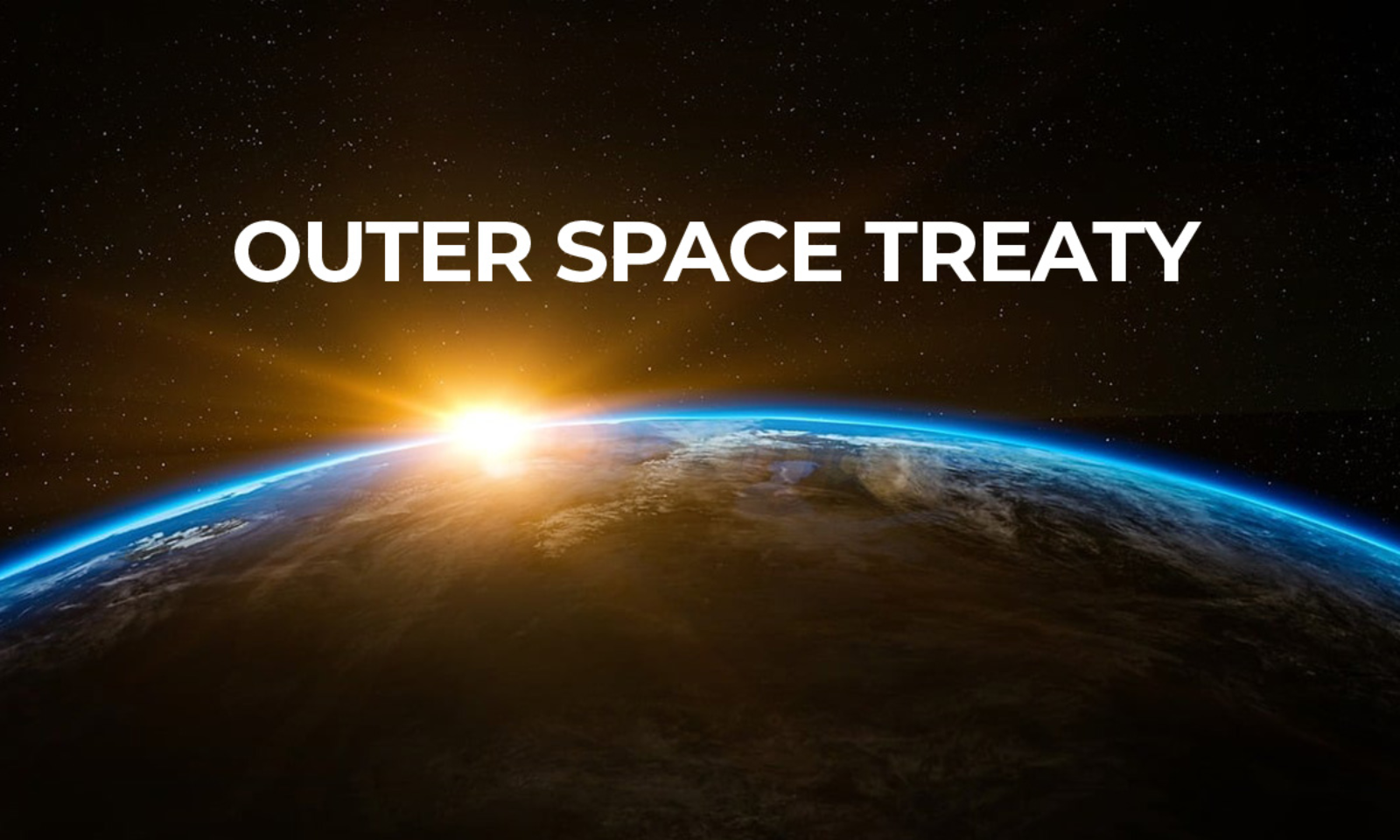Outer Space Treaty 1967 – How to Get It- Outer Space Treaty is the global framework created by the United Nations to avoid accidental use of outer space. This international instrument sets the rules for activities on the moon, planets, celestial bodies, and other solar system bodies, including the earth and other satellites.
/cdn3.vox-cdn.com/uploads/chorus_asset/file/6604159/Signing_OS_Treaty_UN_Photo.0.jpg)
Have you ever considered what the Outer Space Treaty says about the Moon, Mars, and other planets? This article explores the legal implications of the Outer Space Treaty for the future of space exploration.
The Outer Space Treaty was signed in 1967 by the United States and the Soviet Union. It was the first time the world came together to discuss the legal implications of space travel.
It was also the beginning of a long journey to explore outer space.
The US will probably not sign it.
The Outer Space Treaty is a major milestone in the history of space exploration. It is the world’s first international treaty covering issues such as the ownership of outer space, and it provides the framework for international collaboration and competition in the area.
However, many countries believe the Outer Space Treaty is outdated, and the United States has not signed it since 1991.
The US government has taken several steps to prepare for human-crewed missions to the moon and Mars in recent years. As part of this process, they have begun to look into legalizing private ownership of space.
As far as I know, there is no legal basis to do so. However, I don’t think the US will change its stance on the Outer Space Treaty.
The Russian space program
The Outer Space Treaty allows countries to claim celestial bodies like the Moon, Mars, and asteroids. However, Russia has recently expressed interest in expanding into space. This article examines how the international community views the Russian space program.
The Outer Space Treaty is one of the oldest treaties in the world. It was created in the 1950s by the United Nations. However, it has never been ratified by any country.
The Russian space program has grown in recent years, becoming more influential in space exploration. According to some observers, Russia is pushing the United States out of the way in space exploration.
How does the rest of the world view the Outer Space Treaty?
The Outer Space Treaty is viewed as an important step in international relations. It shows the rest of the world that space exploration should be an effort that involves every country in the world.
It also encourages other countries to work together to solve space exploration problems.
The Outer Space Treaty is viewed as an important step in international relations. It shows the rest of the world that space exploration should be an effort that involves every country in the world.
It also encourages other countries to work together to solve space exploration problems.

How to enforce the treaty
In 1968, the United States and the Soviet Union were ready to begin exploring outer space, but there was no official legal framework for their activities.
The Outer Space Treaty was signed to set the rules. It outlines the rights and obligations of countries concerning outer space and celestial bodies.
A glance at the text of the treaty makes it clear that the Moon is not part of Earth. Article IV states that no nation may “use military force against the moon, or try to control its outlying regions, interfere with its surface or air space, or attempt to establish military bases there.”
The Moon is a body “residing in outer space” and therefore governed by international law. The Outer Space Treaty does not apply to the Moon.
The same can be said of Mars.

How to make the treaty more useful
A recent decision by the US Supreme Court will allow American businesses to launch commercial satellites into space. This means that there is a huge market for satellite data.
However, companies that own this data must comply with the Outer Space Treaty. The treaty prohibits weapons testing and nuclear explosions on the Moon, restricting humans’ travel to space.
In other words, companies can’t just launch a satellite and then sell the data. Instead, they must send a satellite, wait a few months, and then sell the data.
This is incredibly inefficient, and it’s why the Outer Space Treaty is still so important.
The treaty is so important that the US Supreme Court ruled that it trumps all other treaties and laws. This means that the Outer Space Treaty has the highest authority regarding space law.
Frequently Asked Questions(FAQs)
Q: What’s the most important thing about the Outer Space Treaty of 1967?
A: The Outer Space Treaty of 1967 states that no nation can claim ownership of space or extraterrestrial bodies. President Dwight D. Eisenhower wrote this treaty to prevent one country from claiming ownership of space.
Q: What other things does the Outer Space Treaty 1967 protect?
A: The Outer Space Treaty 1967 also says that no nation can claim sovereignty over an area previously occupied. This means no country can claim territory on another planet without permission from the government that owns that territory.
Q: Who wrote the Outer Space Treaty in 1967?
A: President Dwight D. Eisenhower signed the Outer Space Treaty into law.
Q: Who did President Dwight D. Eisenhower sign the Outer Space Treaty 1967 with?
A: He signed the Outer Space Treaty of 1967 with several dignitaries, including Vice President Richard.
Q: Who’s in favor of the Outer Space Treaty?
A: I am in favor of the Outer Space Treaty. It would be great if we could make this treaty more stringent.
Q: Who’s against it?
A: I think many people are against it, but they should understand that no country on Earth has the power to stop something like this. We should let other countries do what they want with outer space.
Q: What’s the best way to get in space?
A: The best way to get into space is to look up and see the sky. I think it is just beautiful. There are so many things up there we still don’t know about. I believe that we need to be out there more.
Q: How can you tell when we’re in outer space?
A: There are no rules that say we’re not in outer.
Myths About Outer Space Treaty 1967
1. The Outer Space Treaty is secret and hard to get.
2. The Outer Space Treaty was created to prevent Russia from conquering outer space.
3. The Outer Space Treaty is a document that says the US.
4. It’s easy. Just write a letter, with a stamp and return address.
5. You will get it in about four months if you live in the USA, Canada, or Australia,
6. There are no treaties between nations.
7. If there are treaties, they do not include any countries of the United States.
8. The Outer Space Treaty of 1967 does not apply to any country.
Conclusion
This may not sound exciting, but it is fascinating and important. Here is how to get it.
The world’s nations signed the Outer Space Treaty in 1967 to protect our fragile planet from asteroid and meteor impacts.
It covers the right to explore outer space, including the moon, the planets, and asteroids.
It also includes a ban on nuclear weapons in space.
The United States and Russia have signed this treaty.
It is good that we have this treaty because we are only one impact away from destroying our planet.








